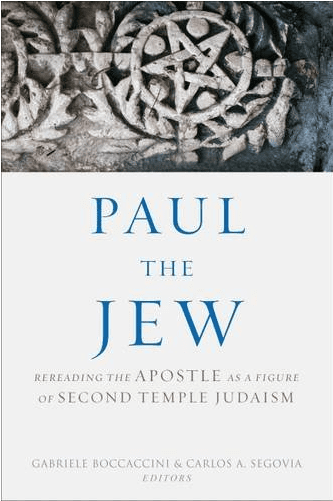The primeval history of Genesis 1-11 ends with two genealogies and an excursion to the tower of Babel (another Sunday School staple). We’ve discussed the Tower of Babel before in posts Babel in Ancient Context where John Walton’s commentaries were considered and then Babel as Ideological Critique based on J. Richard Middleton’s reading of the story. Both Tremper Longman and Bill Arnold focus on the story as part of the repeating theme of sin, judgement, and grace in the major... Read more
















